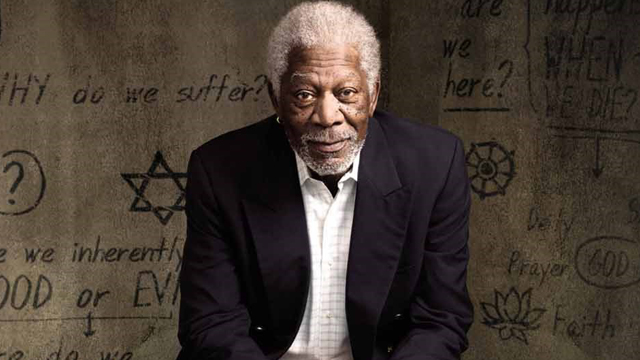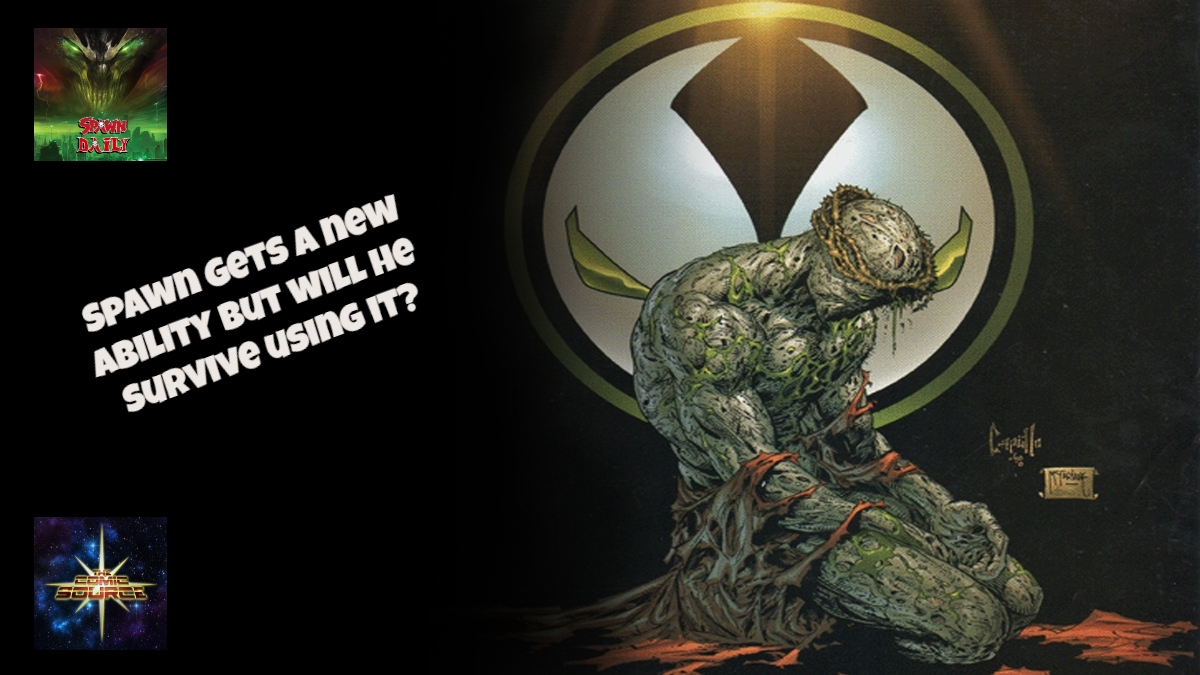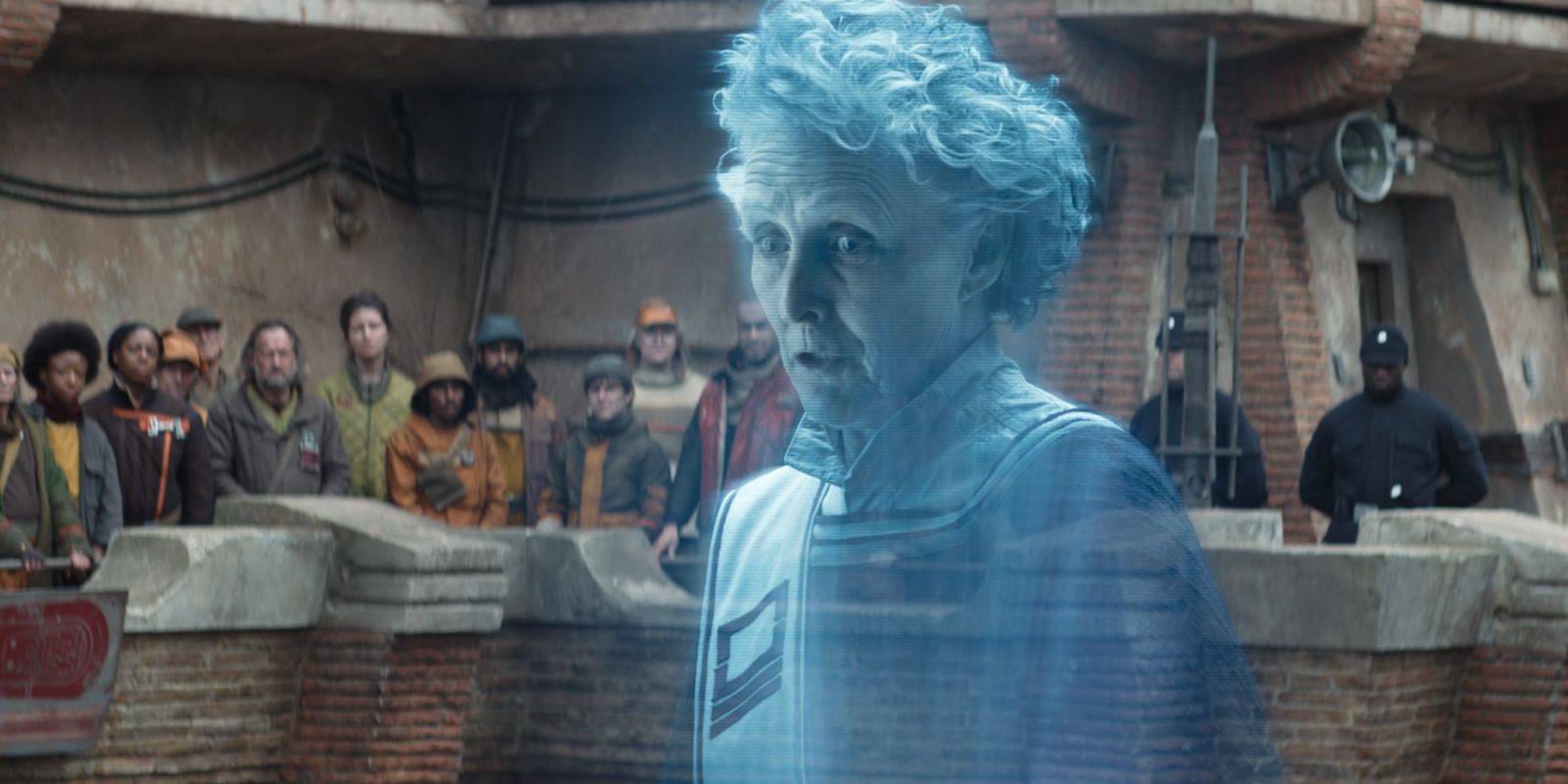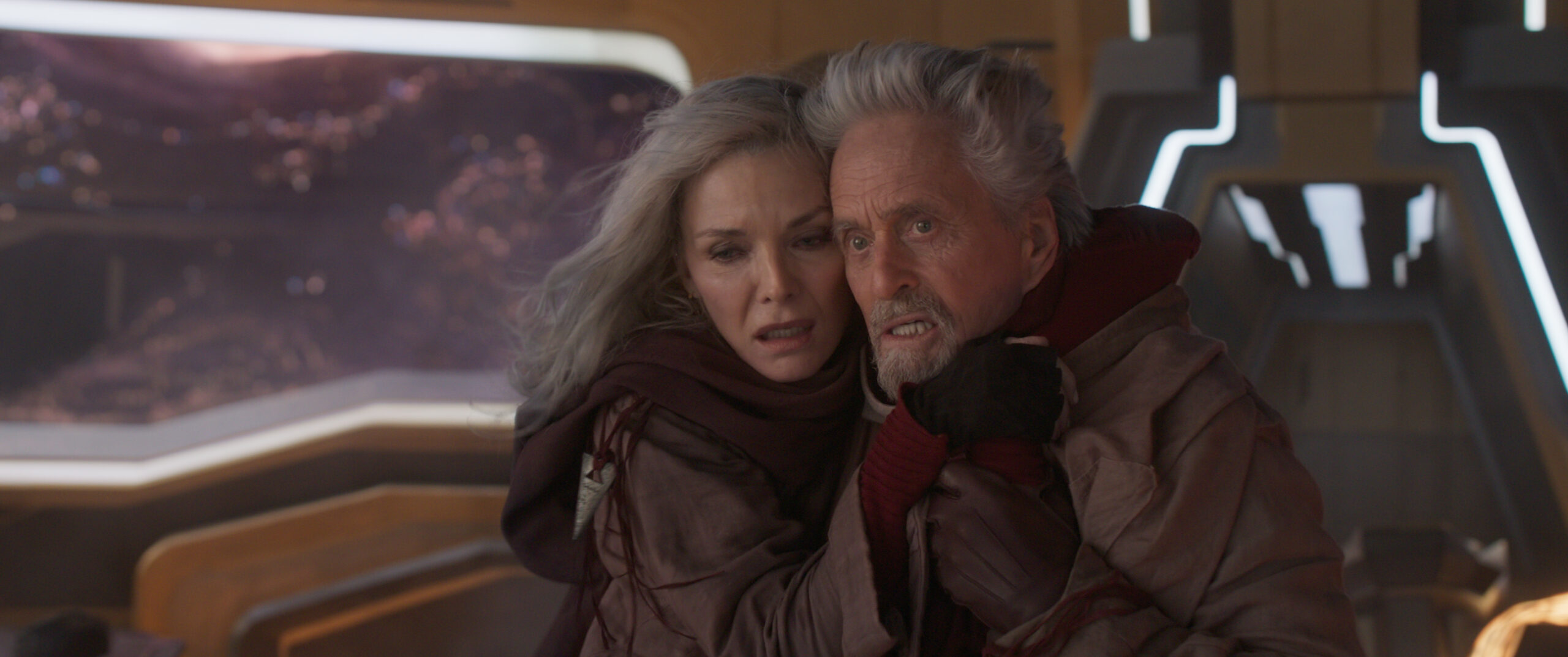The Story of God with Morgan Freeman on NatGeo channel is not just about God, but it’s also about on how we are soul searching and finding our way towards the meaning of life.
In its third season, The Story of God with Morgan Freeman continues to explore the impact of religion on the human journey by examining the aspects of faith—or lack thereof—that shape us daily. With Academy Award-winning actor Morgan Freeman as a guide, audiences are transported to some of the world’s holiest sites to investigate the similarities of religious principles across faiths and their impact on the world. Morgan’s curiosities drive him to explore some of the most pressing religious questions—do people among us embody the divine? Is there a way to overcome our sins? Are morals still instructed by God’s commandments? Morgan ventures to sites around the world to search for answers.
LRM Online exclusively spoke with Sal Masekela, a correspondent on the show. He has hosted and produced the upcoming segments on sin eaters and druids in Great Britain. We discussed his upcoming episodes and his involvement with the show.
Selema “Sal” Masekela is an on-air correspondent for National Geographic’s Explorer, providing interesting and informative commentary as he travels extensively around the world. He had been a host and commentator for ESPN’s Summer and Winter X Games for several years, NBC’s Red Bull Signature Series, 2010 FIFA World Cup, and E!’s Daily 10. He also hosted and executive produced the award-winning TV show Vice World of Sports. His Viceland documentary Rivals: Boom Squad was nominated for Outstanding Long Sports Documentary at the 39th annual Sports Emmy Awards.
He is featured on tonight’s episode of The Story of God with Morgan Freeman.
Check your local listings for the time and schedule for The Story of God with Morgan Freeman.
Read our interview below.
LRM: I checked out an episode with you on the show. for The Story of God. Could you tell me how you got involved in this project in the first place?
Sal Masekela: It’s kind of interesting. I started doing some work early last year on Nat Geo Explorer. It was really having a blast shooting stories with them. Net Geo invited me to New York for the upfronts and to present a new slate of shows and Morgan Freeman. Mr. Morgan Freeman was there. We got to meet and hit it off really well. We had some great conversations. My father and he, knew each other, growing up in the business and we got to reminisce a little bit about my dad. A few weeks later, I got a call to go in and meet with his team at his production company called Revelations. It turned out that Morgan Freeman was looking for a couple of potential correspondence to step in and do some stories when he was out busy. He’s being Morgan Freeman by making movies and things. He feels some people who could step in and film stuff for him, which is a very tall order. When I did get the call from them that it was a go, it was a huge honor. It’s been one of the highlights of my career, honestly, getting to work with him and his team on this show. It’s beyond the dream come true type experience.
LRM: [Laughs] It’s funny. A lot of people would take a meeting with Morgan Freeman as the closest thing that they’ll get to God. So that’s pretty awesome.
Sal Masekela: [Laughs] Yeah, I mean it’s a pretty cool thing to you get co signed by the closest thing that we as a society, perhaps, to the Creator. It still blows my mind. We did the TCAs (Television Critics Association) in Los Angeles about a month ago. I was hanging out backstage with them and then sitting on a panel with him. I just had to like look over and check myself more than once to be like, “Is this really happening?” When I started out in this business, I didn’t have any long term goals. I wasn’t sure to be able to have a sustainable career, but to be able to continue to reach new pinnacles like this. I’m just extremely grateful.
LRM: Did you choose the subjects for the story or did they offer or did they assign it to you?
Sal Masekela: These are stories that were offered to me. We had a couple on the line before that we weren’t able to shoot because of logistics. It turned out that we were able to do two in and around England. I jumped at the idea. I’m a curious person. I wasn’t looking to, to specifically change something into my wheelhouse. What’s exciting about this show is that we’re looking at this idea of faith or belief systems, which is something that every single person on Earth has some sort tangible feeling of what that is and whether they believe in something or nothing. The less I know going into a story, I think the more genuine it is for me as a presenter for the audience to really believe. It’s not feel like they’re being talked down to somebody who knows, but as somebody who’s learning in real time with them.
LRM: Is this your first time into Wales and England?
Sal Masekela: Not my first time in England, but my first time a little bit deeper into the countryside. Yes.
LRM: Let’s talk about your upcoming episode here with the Sin Eaters. Did you know anything about that before or was it a complete surprise?
Sal Masekela: Nothing. Nothing about it. When I read the log line…..what! This was a thing. Yes! Okay. I want to go. Be able to go and talk with an Oxford professor out in the middle of the countryside in this old barn that was built in and around the 16th or 17th century. It was really as close to what the experience was like and learn about the process. It was a very, very fascinating.
LRM: Did the professor tell you if there anybody who still believe in this?
Sal Masekela: To our knowledge, the subject we recovering was literally known as the last known Sin Eater. In that way, it’s not known for anyone that’s still practicing it. It was a practice that around the time of the church should have becoming more prevalent. It was stamped out due to the idea of men being able to perform this sacrament. It would sort of cancel out the need for the church. They sort of did everything they could to stamp it out. That made it really interesting. Also too, generally speaking, it was very poor people. People who came from less when nothing that would actually be called in to engage in this practice of eating over these bodies.
LRM: Wow. That sounds such a crazy idea that. I just think some people just do it for free dinner on top of a dead body.
Sal Masekela: [Laughs] Not even in jest, I got the sense that it’s somewhat the case. It’s probably why they call in the poor. If I said to you, “Hey, I need you to come over to my home before bury this body member of our family so that you eat over the body so soul isn’t left floating around the neighborhood or at home.” It’s so the soul could make a nice transfer. You probably would be like, “Well, that sounds crazy.” Don’t ever call me again. For someone who does not have means. This is an opportunity at a meal.
LRM: You do actually have another episode about the modern-day druids. Could you talk more about that? Tell me what their beliefs are and why do they still exist?
Sal Masekela: Their belief system was more like I would call them as the modern-day original environmentalists. They really believe the Earth and the different elements of the Earth. They’re interacting with it more than God. They’re building a relationship with the planet. You get the sense that some people within the last hundred years upon learning about it were like, “Hey, this sounds cool.” The religion is sort of divisive. These people have this real community with the Earth. Everything we seem to know about the druids is usually based in comedically. There we were with our crew. At the turn of the Winter Solstice ceremony at six in the morning with hundreds of people in a big circle practicing this ritual. They weren’t joking around. You’ll see in the show. I went in skeptical and left with my mind blown.
LRM: Sal, I know you had a background into sports and entertainment. How do you enjoy this turn of your career?
Sal Masekela: I love it. I really love it. This turn of my career actually began towards the latter part of my tenure at ESPN in 2010. I had an opportunity to go to South Africa and do some stories about South Africa. It gives people a sense of place about where the World Cup was taking place. It really give them a sense of the people and the culture of South Africa, which was special for me. I’m first generation American from South Africa. I got to do a lot of those pieces with my father. I came home from that trip with the definitive sort of course correction. I knew that that was something that I wanted to pursue more of. I left entertainment and my family at ESPN shortly after that. I’ve really been chasing that as much as possible. I’ve been executive producing and hosting a show called Vice World of Sports. For a couple of years, I was with Viceland, where I really got to get my chops up. To make the transition now and work with Morgan Freeman and the team at The Story of God. It’s a dream come true, especially for a kid who literally started his career at the side of a halfpipe in Colorado at the X Games.
LRM: Excellent. It’s been a pleasure speaking with you, Sal. Thank you very much.
Sal Masekela: Thank you very much for taking the time. Thank you.
Check your local listings for the time and schedule for The Story of God with Morgan Freeman.
Source: LRM Online Exclusive

 FOR FANBOYS, BY FANBOYS
Have you checked out LRM Online’s official podcasts and videos on The Genreverse Podcast Network? Available on YouTube and all your favorite podcast apps, This multimedia empire includes The Daily CoG, Breaking Geek Radio: The Podcast, GeekScholars Movie News, Anime-Versal Review Podcast, and our Star Wars dedicated podcast The Cantina. Check it out by listening on all your favorite podcast apps, or watching on YouTube!
Subscribe on: Apple Podcasts | Spotify | SoundCloud | Stitcher | Google Play
FOR FANBOYS, BY FANBOYS
Have you checked out LRM Online’s official podcasts and videos on The Genreverse Podcast Network? Available on YouTube and all your favorite podcast apps, This multimedia empire includes The Daily CoG, Breaking Geek Radio: The Podcast, GeekScholars Movie News, Anime-Versal Review Podcast, and our Star Wars dedicated podcast The Cantina. Check it out by listening on all your favorite podcast apps, or watching on YouTube!
Subscribe on: Apple Podcasts | Spotify | SoundCloud | Stitcher | Google Play




